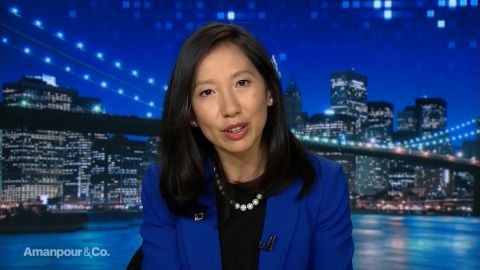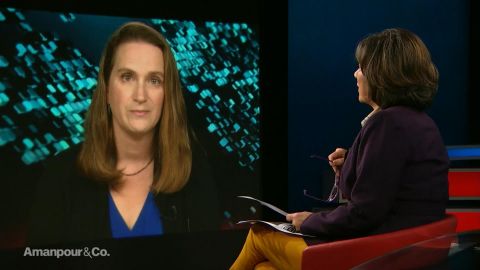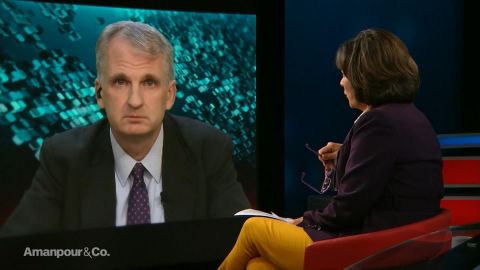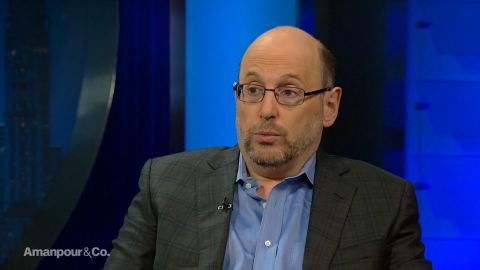Read Transcript EXPAND
AMANPOUR: This is 100 years since World War I, it’s 70-plus years since the World War II and these are the things that our forefathers died and gave their lives for so that, A, we wouldn’t forget and B, we wouldn’t repeat. How serious, in your view, is the threat of a repetition of the kind of authoritarianism, fascism, nationalism that could severely constrict democratic freedoms?
SNYDER: Well, let’s — I’ll start with the basics. I think it’s important to remember just how horrible these wars were. These were wars in a place which at the time was thought, at least by the people who live there, to be the leading civilization in the world, these were wars which brought tens of millions of casualties one after the other. And so, when we commemorate these things, when we try to remember these things, we’re trying to remember what human beings who are not so very different from us can do to other human beings. Now, the risk now the risk with history is not that it will repeat itself, the risk with history is that we forget why it was that we made the good decisions that we did make in the past, we forget why we have arms control, we forget why we have international law, we forget why we have treaties, we forget why we have the habit of what Winston Churchill called jaw-jaw rather than war-war. So, the risk today is that because we’ve set history aside, because we told ourselves these things couldn’t ever happen again, we’ve forgotten just why we have the checks and just why we have the institutions we do. Big important countries like America or Brazil or Russia can say, “We come first.” But as soon as you come first, as soon as you say, “Our interests come first,” you lose track of what those interests actually are. In order to think seriously about interest, you have to be able to think seriously about other people’s points of view.
AMANPOUR: So, you know, it’s really it’s really interesting pouring all over this right now, you as a historian, myself as a journalist, we’re trying to make sense of this disruptive nature of, I guess, what many of us believe to be many linear progress in democracy, in human rights, in lifting people out of poverty, opportunity and the like. But what would you say to those who say that there is inherent weakness in liberal democracy, that at times of maximum strength is sort of the fittest survive, people go back to their basic instincts and it sort of starts to potentially break down, calling itself democracy, as all these countries that I’ve mentioned do but themselves attacking from within rule of law and all the other institutions that we hold so dear?
SNYDER: I think that the basic important point that you’re suggesting is that liberalism and democracy don’t defend themselves.
About This Episode EXPAND
Christiane Amanpour speaks with Professor of History Timothy Snyder, President of Planned Parenthood Leana Wen and forensic pathologist Judy Melinek. Hari Sreenivasan speaks with journalist and author Kurt Eichenwald.
LEARN MORE



